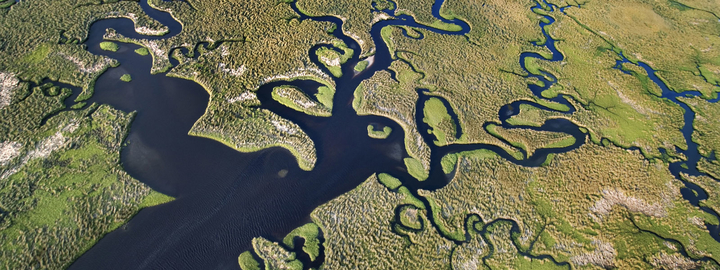Partner Perspectives
Stepping into partnership
In this episode, new White & Case partners across practice groups and regions discuss what becoming a partner means to them. They talk about the work that went into their achievement and how they expect their new roles to shape their relationships, both within the Firm and with clients. As they continue to grow as leaders, they look forward to having an impact at White & Case.
Duration:
120 seconds
Legal strategy is now AI product strategy
In this episode, AI partners Erin Hanson, Hope Anderson and Tim Hickman discuss how companies can align legal strategy with product development from the outset. From data governance to global regulation, their message is clear: "AI is moving fast. So is the law. The winners will be those who align early."
Duration:
90 seconds









